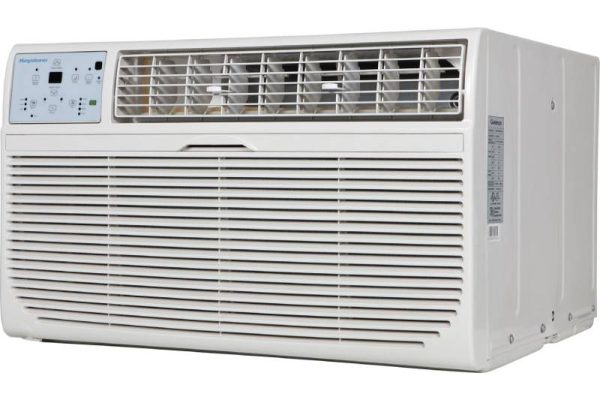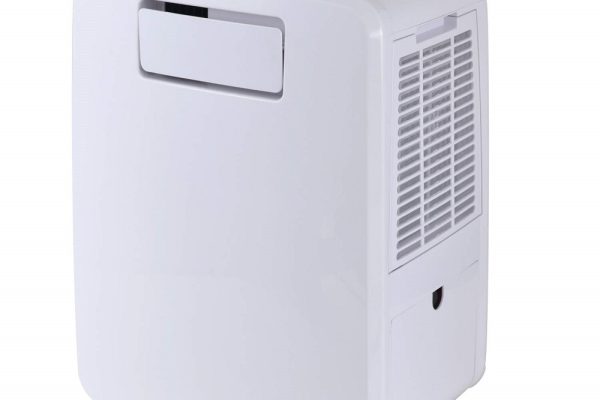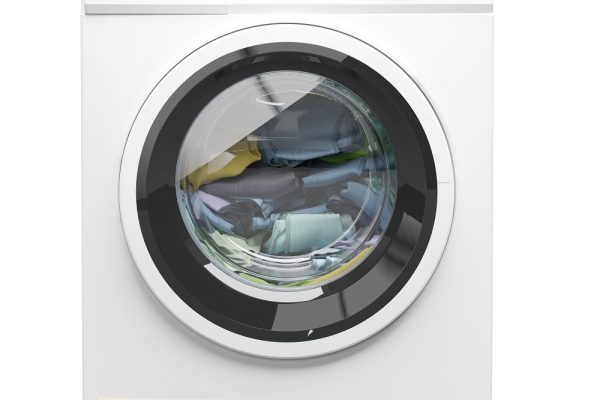Causes of Burnt Smells in Dryers
Identifying why does my dryer smell burnt is vital for fixing the issue. Several factors can lead to that unpleasant odor. First, lint buildup is a common culprit. When lint collects in the dryer’s lint trap or vents, it can overheat and burn, emitting a burnt smell. Second, a faulty heating element might be to blame. If this element overheats or burns out, it can produce a scorched odor. Third, a worn-out drive belt can cause friction and heat up, leading to a burning smell. Lastly, trapped small items, like coins or buttons, can get too hot during a cycle, and create a burning odor. It’s important to inspect these areas to prevent smells and potential fire hazards. Addressing these issues promptly can keep your dryer running safely and efficiently.
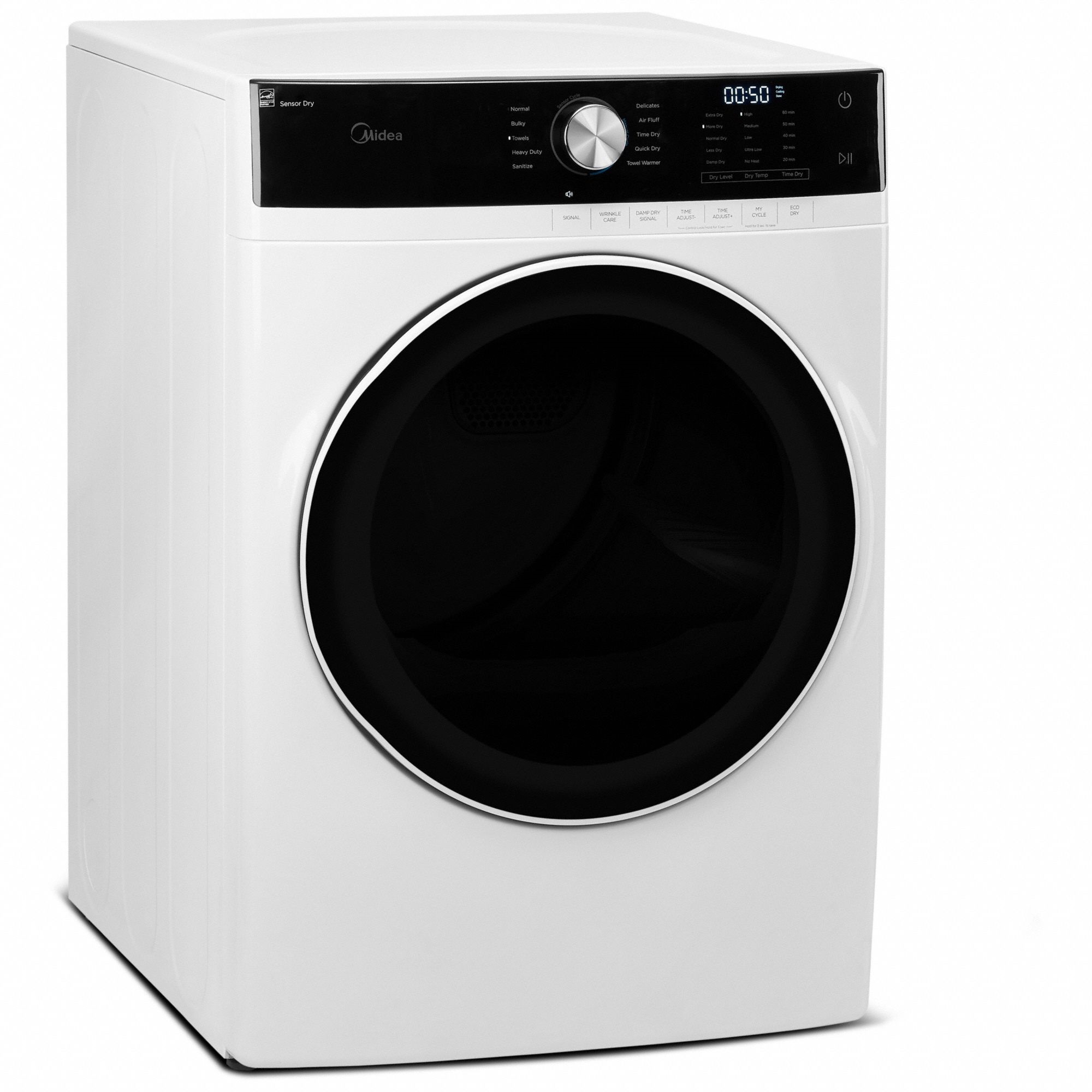
Regular Maintenance to Prevent Burnt Smells
Preventing burnt smells in your dryer starts with regular maintenance. Staying on top of cleaning and servicing can help avoid the common question of ‘why does my dryer smell burnt?’ Here are maintenance tips that can make a significant difference:
- Clean the Lint Trap: After each load of laundry, remove and clean the lint trap. This step is quick and vital for airflow and fire prevention.
- Inspect and Clean Vents: Every few months, check and clean out your dryer’s external vent. Clogged vents can cause heat build-up and produce burnt odors.
- Wipe Down the Drum: Use a damp cloth to wipe the inside of the dryer drum regularly. This will remove any residue that might burn and smell.
- Check for Foreign Objects: Make sure to check pockets before washing clothes. Small items can cause damage or create a burnt smell when heated up too much.
By following these guidelines, you can reduce the likelihood of encountering the troubling scent of something burning in your dryer. Remember, consistency in maintenance is the key to keeping your dryer performing well and smelling fresh.
Step-by-Step Guide to Cleaning Your Dryer
Maintaining a fresh-smelling dryer involves systematic cleaning. Here is a step-by-step guide:
- Unplug the Dryer: Always start by unplugging your dryer for safety.
- Remove the Lint Trap: Take out the lint trap and remove the lint by hand. Then, use a vacuum hose to suck up any remaining particles.
- Clean the Lint Trap Slot: Insert a long brush into the slot to loosen and remove trapped lint that’s not visible.
- Inspect the Drum: Look inside the dryer for any debris or stains. Wipe these areas with a damp cloth.
- Clean the Interior Duct: Reach into the duct behind the lint trap slot. Use a specialized duct brush to clean inside thoroughly.
- Check External Vent: Go outside to inspect the dryer vent. Remove any obstructions and ensure it opens properly.
- Wipe the Exterior: Clean the dryer’s exterior with a surface-safe cleanser to keep it looking its best.
- Reassemble: Put the lint trap back and reconnect the dryer to the power supply.
Remember, doing this deep clean at least twice a year can prevent the common concern of ‘why does my dryer smell burnt?’ Clearing lint and obstructions promotes better airflow and reduces the risk of overheating and burns. For best performance, include these steps in your regular home maintenance routine.
Replacing Faulty Parts
Sometimes maintenance isn’t enough if you’re wondering ‘why does my dryer smell burnt?’ Faulty parts often cause this issue. Identifying and replacing them can solve the problem. Here are some common parts that might need replacing:
- Heating Element: If it’s damaged or burnt out, it can cause a burnt smell.
- Thermal Fuse: When this safety device fails, it may lead to overheating.
- Drive Belt: A worn-out belt can overheat from friction, producing a burning odor.
- Drum Rollers: These can seize up and create excess heat if they’re not spinning freely.
- Drum Bearings: Like rollers, stuck bearings can cause friction and heat.
When you replace parts, make sure to unplug your dryer first. Follow the manufacturer’s instructions or consult a professional. Using the right tools and replacement parts is crucial for safe and effective repairs.
For those not comfortable with DIY, consider hiring a technician. They can diagnose the problem accurately and replace parts safely. Doing it yourself might save money, but safety comes first. If you are not sure about the process, it’s best to contact a professional.
 Professional Services for Dryer Maintenance
Professional Services for Dryer Maintenance
Even with regular maintenance, you might still wonder, ‘why does my dryer smell burnt?’ In such cases, professional services are invaluable. These experts bring a level of expertise and efficiency that DIY efforts may not match. Here’s why you should consider them:
- Expertise: Technicians are trained to diagnose and repair complex issues accurately.
- Efficiency: A professional can often complete repairs more quickly than non-experts.
- Safety: They ensure that all repairs meet safety standards, reducing the risk of fire.
- Warranty: Using professional services helps to maintain your dryer’s warranty.
- Long-Term Savings: Correctly repaired dryers may run more efficiently, saving on energy costs over time.
When you notice a persistent burnt smell, don’t wait. Call in a professional to inspect your dryer. They can tackle lint build-up in hard-to-reach areas, repair or replace faulty parts, and provide peace of mind. Regular professional check-ups can catch issues early, preventing future ‘why does my dryer smell burnt?’ moments. Make sure to research and choose a reputable service provider for the best results. Your dryer is a critical appliance, and its maintenance deserves expert care.
Dryer Usage Best Practices
Adopting best practices in using your dryer can further prevent the dreaded ‘why does my dryer smell burnt?’ question.
- Sort Laundry Correctly: Separate heavy items from lightweight ones to ensure even drying and reduce strain on your dryer.
- Don’t Overload: Filling the dryer too much prevents clothes from tumbling freely, causing more heat build-up.
- Use Correct Heat Settings: Match the heat setting to the type of laundry. Too much heat can damage clothes and the dryer.
- Regularly Check Settings: Make sure you haven’t accidentally set the dryer to a higher temperature.
- Allow Airflow: Give your dryer enough space. Never block its vents as it needs good airflow to operate efficiently.
- Timely Removal of Clothes: Take out dried clothes promptly. This prevents extra cycles and potential overheating.
- Use Dryer Balls: They help circulate air and can reduce drying time.
By keeping these practices in mind, you can extend the life of your dryer and avoid the burnt smell. It’s all about careful operation and understanding your appliance’s needs.
When to Replace Your Dryer
Understanding when to replace your dryer is crucial for safety and efficiency. Look for these signs that suggest it’s time for a new machine:
- Age of the Dryer: Dryers typically last about 10-13 years. If yours is older, consider replacing it.
- Excessive Noises or Vibrations: Unusual sounds or movements may indicate a serious problem.
- Increasing Repairs: Frequent breakdowns can be costly. A new dryer might be more economical.
- High Energy Bills: Older dryers are less energy-efficient. A new model could save you money.
- Consistent Burnt Smells: If maintenance doesn’t clear the burnt smell, the issue may be unfixable.
- Poor Performance: Clothes that remain damp after a cycle or take too long to dry are red flags.
When you notice these signs, especially if you keep asking ‘why does my dryer smell burnt?’, it’s probably time to invest in a new model. Choose one that’s energy-efficient and has good reviews for longevity. Remember, the safety of your home and the efficiency of your laundry routine rely on a properly functioning dryer.
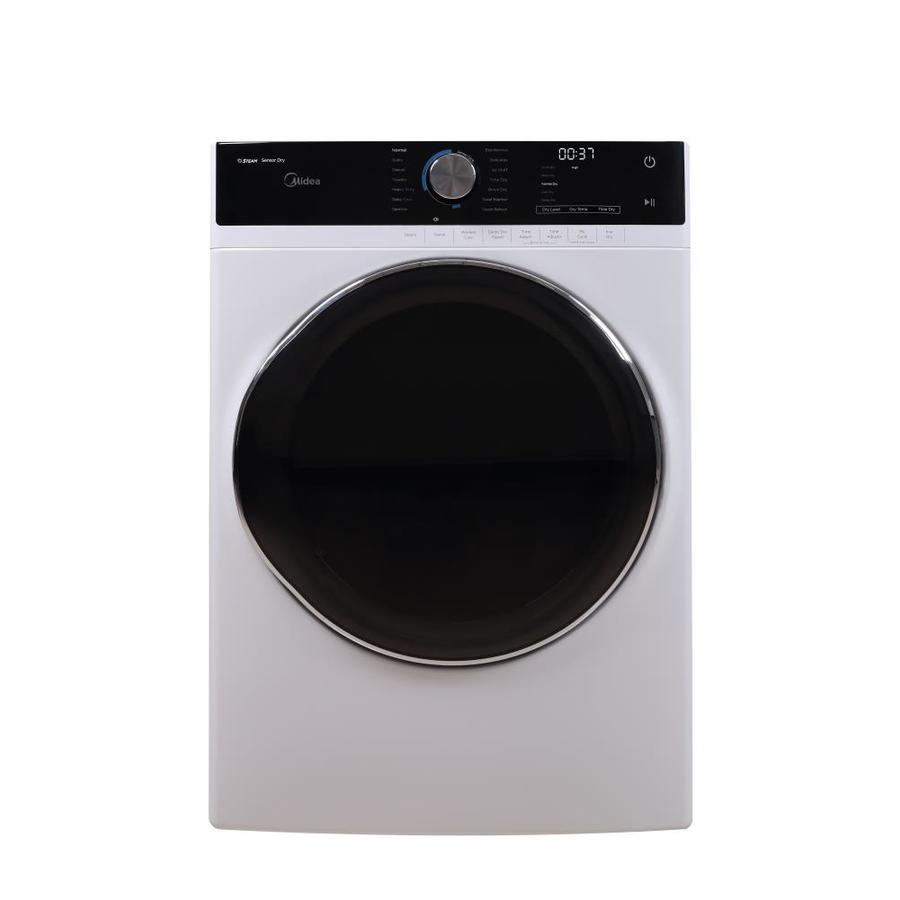 Preventative Measures for Dryer Safety
Preventative Measures for Dryer Safety
To reduce the risks associated with your dryer and the persistent problem of ‘why does my dryer smell burnt?’, implementing preventative measures is essential. Here’s what you can do to maintain safety:
- Inspect Regularly: Make it a habit to visually check your dryer’s components frequently. Look for any signs of wear or damage.
- Stay Present: Don’t leave the house with the dryer running. Stay nearby to quickly address any issues that may arise.
- Upgrade the Venting Material: Use metal venting materials instead of plastic or foil, which can be less durable and more fire-prone.
- Keep the Area Clean: Ensure the space around your dryer is clutter-free. This reduces the fire hazard and allows proper ventilation.
- Educate the Household: Teach all members of your home about dryer safety and proper use. Everyone should know how to spot potential dangers.
- Install a Smoke Detector: Place a smoke detector near your laundry area. Check its batteries and functionality regularly.
- Schedule an Electrical Check: Have a qualified electrician inspect your dryer’s electrical connections to prevent any electrical mishaps.
By following these steps, you’ll address the central concern of ‘why does my dryer smell burnt?’ before it even becomes an issue. More importantly, these measures can maintain a safe environment in your laundry area, keeping you and your home safe from potential dryer fires.
